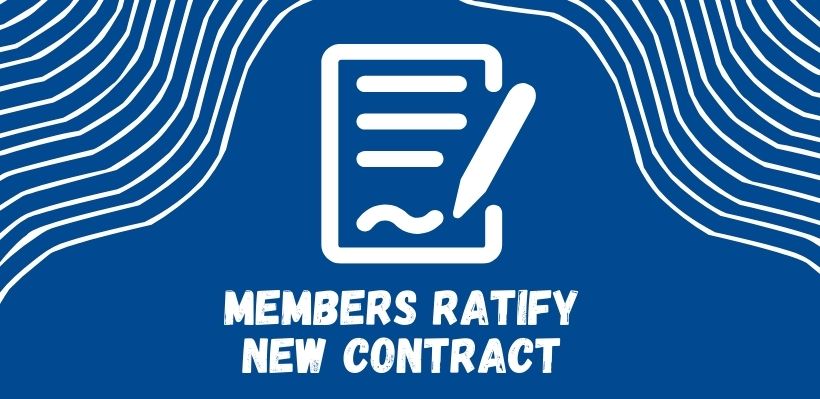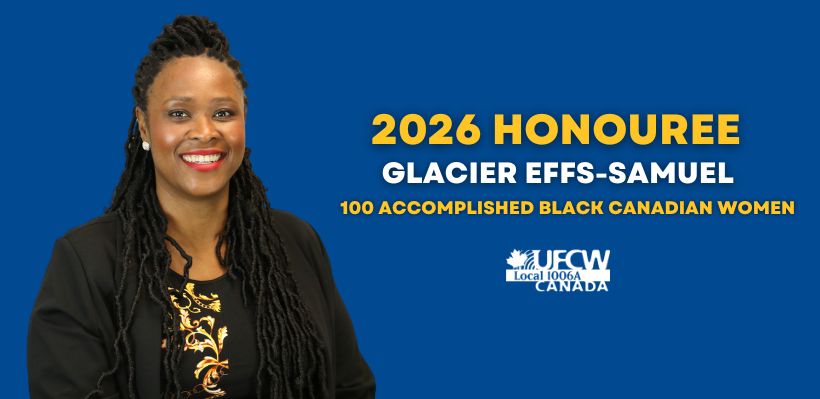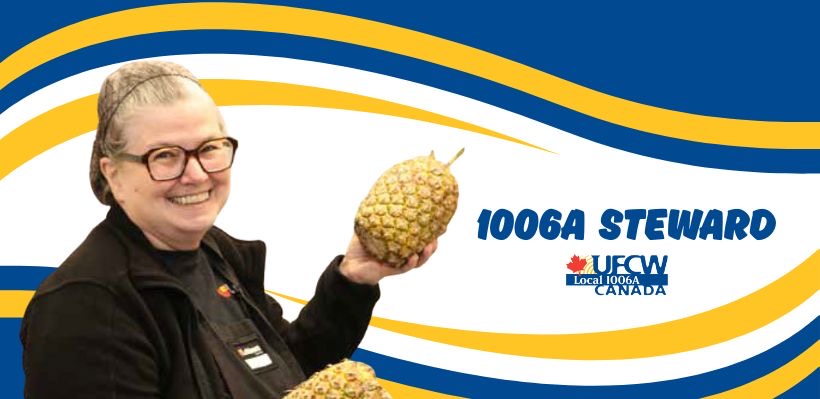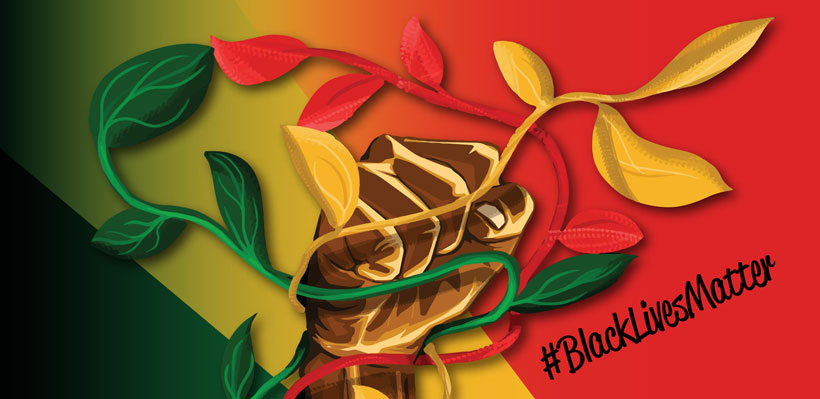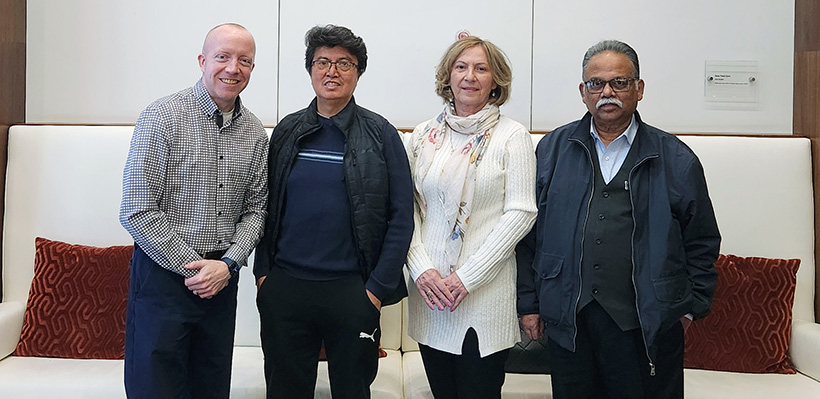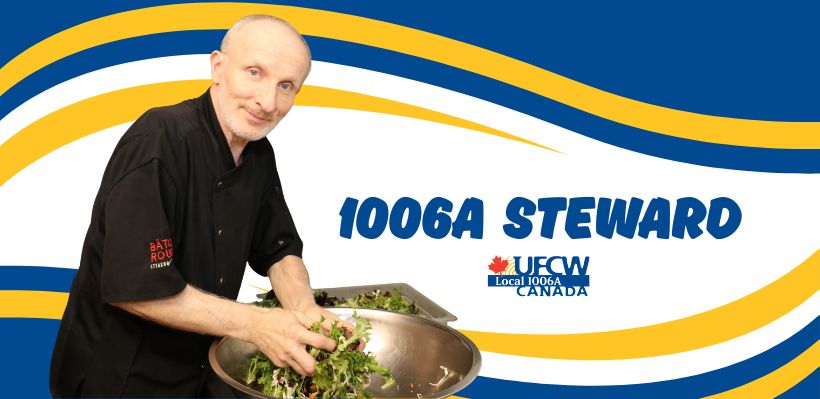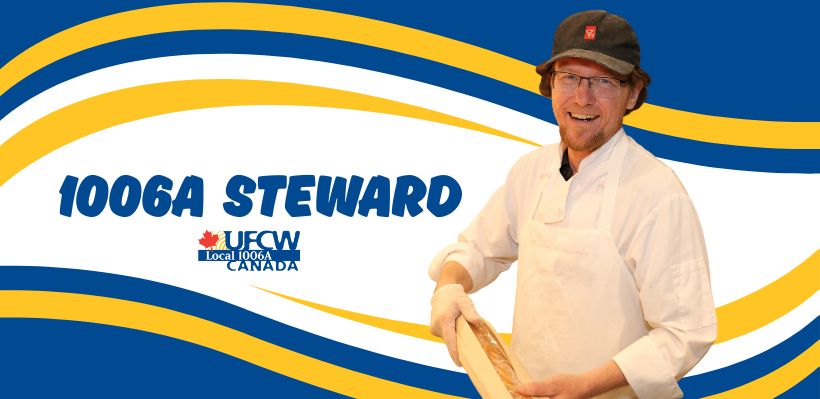
This June, UFCW 1006A celebrates National Indigenous History Month, by honouring Canada’s First Nations, Inuit and Metis communities and by affirming our commitment to stand with them in the challenges and struggles they face.
We encourage our members to take this month to educate yourself and others on the rich histories, cultures and traditions of Canada’s Indigenous communities and work as allies in eliminating racism and inequity, seeking justice and achieving reconciliation. 1006A will also be observing National Indigenous Peoples Day on June 21.
“We are proud to stand in solidarity with our friends in the First Nations, Inuit and Metis communities in celebrating National Indigenous History Month,” said President Wayne Hanley. “We honour the histories, achievements and contributions of Canada’s Indigenous communities, and vow to work together to achieve reconciliation and justice.”
Last year, Indigenous children’s remains were found on the site of former residential schools and made news throughout Canada. Started in 1883, Canada’s residential school system lasted for more than 100 years until 1996 and separated more than 150,000 children from their families.
Canada's residential school system devastated families and communities, aimed to erase Indigenous people and culture, and unleashed a cycle of pain and destruction that continues to this day.
At these schools, children faced the realities of forced assimilation, physical and sexual abuse, neglect, poor living conditions, malnutrition, disease, poor quality education, degradation and the elimination of their culture and languages.
The Truth and Reconciliation Commission reported that the long-term consequences of the Canadian government’s actions, or lack there of, towards First Nations communities has been staggering, including: lack of clean water, poor quality housing, lower life expectancy rates, significant wage gaps, higher unemployment rates, health problems and illness and higher incarceration rates.
In addition, the Assembly of First Nations reports that Indigenous women and girls are five times more likely to experience violence compared to other groups. Despite being only 4.3 per cent of the Canadian population, 16 per cent of all female homicide victims and 11 per cent of those missing are Indigenous.
How to be an Active Ally
- Be willing to listen, reflect and learn
- Educate yourself about the history of Canada’s Indigenous people
- Learn about the Truth and Reconciliation Commission and its findings
- Listen to podcasts, films and documentaries on Canada’s Indigenous communities
- Understand it’s your job to educate yourself, not that of an Indigenous person.
- Raise awareness about friends and family
- Speak out against discrimination and racism and for equality and diversity
- Write to MPs and MPPs to advocate for change and action on the recommendations of the Truth and Reconciliation Commission
Resources
- Government of Canada: Learn more the histories of Canada’s First Nations, Metis, Inuit
- Truth and Reconciliation Report: Read this groundbreaking report
- Indigenous Trailblazers: Learn about the amazing work of Indigenous Canadians
- Laurentian University: How to be an Ally
- CBC: Want to be an Ally
- Queen’s University: Being an Ally


